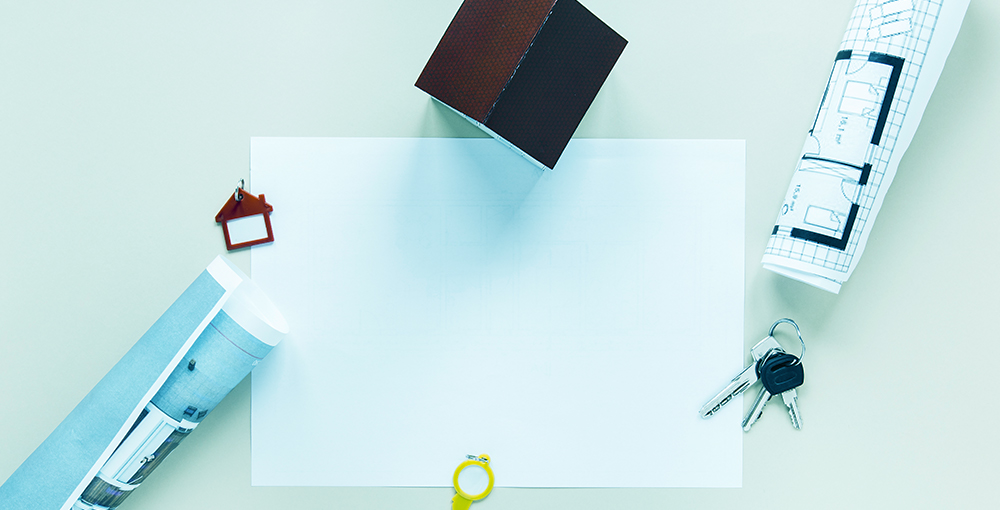Capital Gains Tax on Commercial Property in Florida (A 2024 Breakdown)

February 19, 2024
The Florida sun might be smokin' hot, but the thought of sellin' my commercial property ain't exactly settin' my heart on fire. Sure, the profits could be bigger than a gator's grin, but then I see two dark clouds rollin' in: capital gains taxes (ouch, 15% for regular folks) and the real estate market down here hotter than a habanero pepper. Yikes!
But instead of lettin' those tax clouds rain on my parade, I decided to roll up my sleeves and do some research. Turns out, there's a whole toolbox of strategies out there just waitin' to be used to keep that capital gains beast from takin' a big ol' chunk out of my profits. From fancy depreciation tricks to holdin' onto the property for just the right amount of time, there's ways to turn that tax bite into more of a mosquito nibble. So, buckle up, y'all, 'cause we're about to dive into the sunshine and squeeze every last penny out of this deal!

Breaking the Basics
Alright, folks, here I'm going to build a solid foundation for you. I'll make sure you get the hang of the basic stuff about capital gains tax and how it plays out with your commercial property in sunny Florida.
How to Calculate Your Tax
Calculating your capital gains tax might seem like deciphering ancient scrolls, but let's make it crystal clear, just like a sunny day in Florida. Imagine You buy a house for $100,000. You keep it for five years and spruce it up with a snazzy new kitchen and bathroom. Later, you sell it for $200,000.
Your capital gain is simply the difference between what you sold it for and what you paid upfront. In this case, it's $100,000 ($200,000 - $100,000).
Now, here's where your tax rate enters the scene. If you've hung onto that property for less than a year, your gain is short-term and gets taxed at your regular income rate. But if you've patiently held onto it for over a year, it's considered a long-term gain, usually enjoying a lower tax rate.
Let's say you've been in it for the long haul, and your income qualifies for the 20% long-term capital gains tax rate. To calculate your tax, simply multiply your gain by your rate. In this example, that's $20,000 ($100,000 gain x 20% tax rate).

Your Property's Starting Point
Your property's basis is like the solid foundation of a building – you need it to crunch those capital gains tax numbers. It includes what you initially shelled out plus any improvements you've made, minus any depreciation.
Adding a sleek kitchen or finishing a basement? That pumps up your basis. But if wear and tear or time has taken a toll (that's obsolescence), it can shrink your basis.
Taxable Wins and Losses
Not every gain or loss gets the taxman's attention. To be taxable, you've got to have actually sold the property and pocketed that gain or loss. Sell your commercial property and make a profit? That's a taxable gain. Sell at a loss? You might score a deduction from your regular income.
Short term vs. Long term Gains
Short term gains: Think of it this way, when you sell a property you've owned for less than a year, the profit is in the same boat as your regular income. So, if you pocket a $20,000 profit, you'd pay taxes at your income tax rate (let's say it's 25%), leaving you with $5,000 in taxes.
Long term gains: But here's where it gets interesting, especially with Florida property tax exemptions and discounts in mind. If you sell a property you've held onto for over a year, the profit often enjoys a lower tax rate. So, if you made a cool $50,000 profit, and let's say the long-term capital gains tax rate is a friendly 15%, you'd owe $7,500 in taxes, giving you more bang for your buck.
Federal Tax Rates
Uncle Sam's slice of your pie depends on your income. Check out the federal tax rates for 2023:
If your taxable income floats below $41,675, both short-term and long-term capital gains could be tax-free.
If your taxable income sits between $41,676 and $459,750, expect a 15% rate for both short term and long term gains.
If you're in the high earning league ($459,751 or more), your capital gains face a 20% tax rate, whether they're short term or long-term.
Your Tax Rate
Your precise tax rate dances to the tune of how long you've held the property and your income level. You can easily suss out your rate by peeking at the IRS Capital Gains Tax Rate Table.

Lightening Your Tax Load
When it comes to trimming your capital gains tax bill on your Florida commercial property, you've got some clever tricks up your sleeve. Let's break them down in plain talk:
The Long-Game Advantage: Hanging onto your property for over a year can pay off. Why? Because long-term capital gains often enjoy a friendlier tax rate. In 2023, it's a reasonable 15%, while short-term gains get slapped with your regular income tax rate.
The 1031 Exchange Magic: Ever heard of a 1031 exchange? It's like a tax-saving wizardry. You sell your commercial property and then reinvest the proceeds into a "like-kind" property within 180 days. The result? You delay paying those capital gains taxes until you sell the new property. This can be a game-changer if you're eyeing an upgrade without the hefty tax bill.
Deductible Expenses: Don't forget the power of deductions. Some expenses can be subtracted from your capital gain, making your tax bill shrink. Think depreciation, closing costs, and legal fees.
Now, let's dive into that 1031 exchange with a simple example: Imagine you own a commercial building worth $1 million. You want to sell it and buy a bigger building, also worth $1 million. If you follow the usual route and pay taxes on the capital gain, you'll have less cash for the new building. But with a 1031 exchange, you can delay those taxes until you sell the new property. It's like having extra funds in your pocket for your upgrade. Enough about selling; if you are one of those out-of-the-box thinking folks & want to use debt to buy Assets, don’t hesitate to do it.
Commercial properties have their own unique tax quirks:
Depreciation: This is like the wear and tear on your property over time. Commercial property owners can deduct this from their basis, which can help slash the capital gains tax when you sell.
Section 197 Amortization: Fancy term, simple concept. It lets you deduct specific costs linked to property acquisition, like lease acquisition expenses and tenant improvements.
Working with a Tax Pro (Apex Advisors)
Swimming in uncharted tax waters? Apex Advisors can help you navigate the complex world of capital gains tax on commercial property in Florida. We'll create a tax strategy tailored to your specific situation, helping you uncover all the deductions and credits you're eligible for, so you can minimize your tax liability and maximize your profits. Contact Apex Advisors today for a free consultation.

Curtain Call
So, there you have it – the lowdown on capital gains tax for your Florida commercial property, Now, it's your turn to take the reins. Armed with this knowledge, you're ready to trim that tax bill when it's time to say farewell to your property.
But remember, it's not just about saving cash; it's about smart choices. Whether you're eyeing an upgrade or looking to maximize your profits, mastering capital gains tax is your secret weapon.
Got questions, insights, or experiences to share about capital gains tax in the world of commercial real estate? We're all ears! Share your thoughts in the comments below and be sure to hit that share button. Together, we can guide more Florida business owners through these tax waters with confidence.

